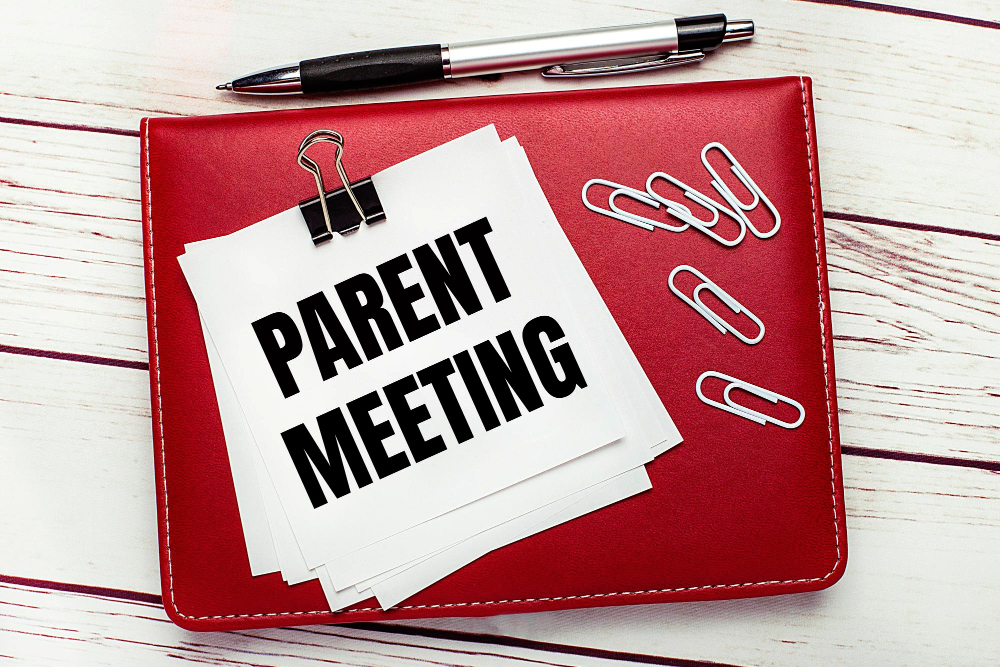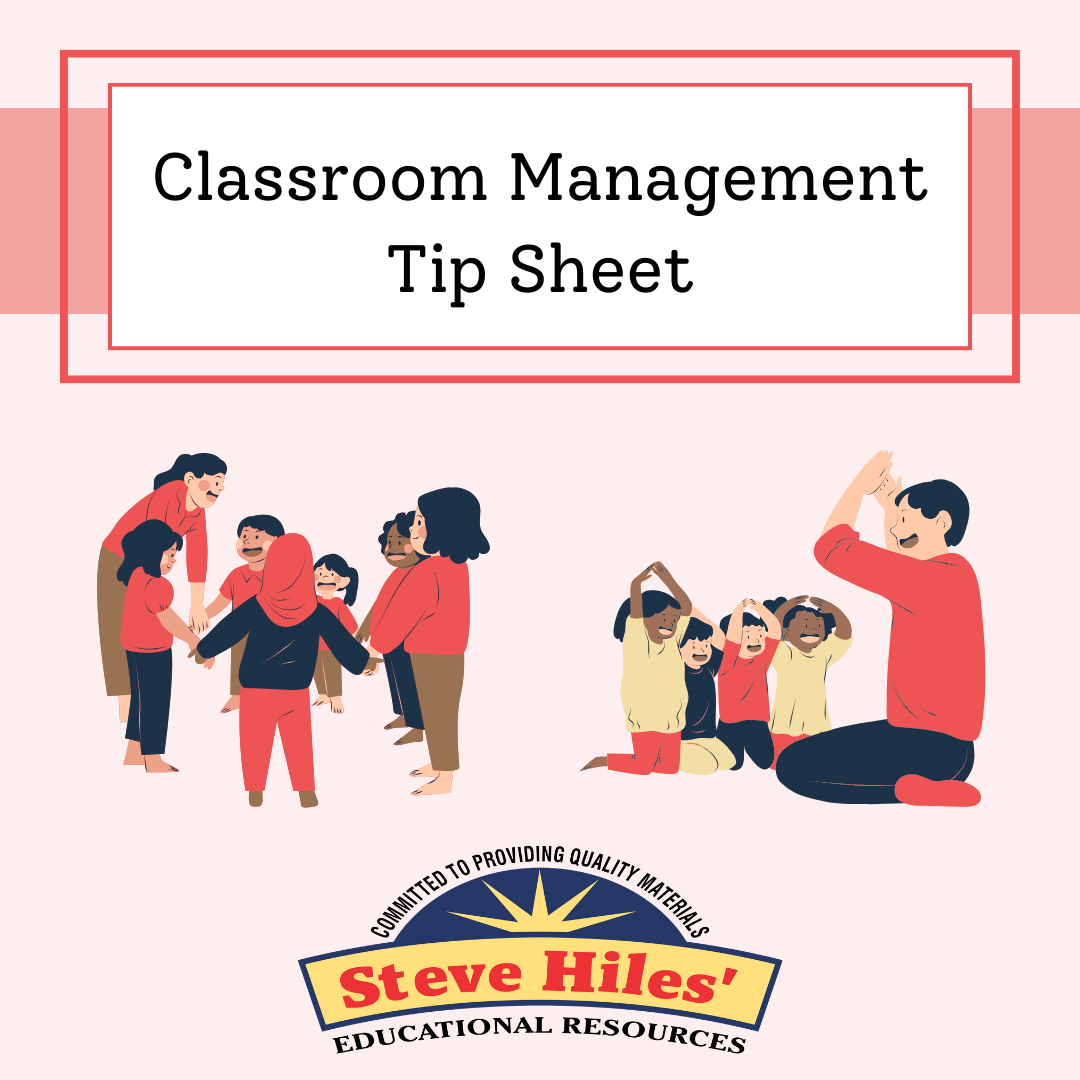Effective teacher-parent relationships are extremely important when it comes to helping our children to succeed in the classroom. The partnership that you as the teacher form with parents will ensure that problems will be addressed quickly, and that the needs of your parents and students are taken into account in any decision-making process that comes about.
The first great step in fostering this relationship is the parent-teacher conference. The initial conference will set the tone with respect to desires and expectations for the upcoming school year and overcome any communication barriers. Also, equally important I feel is coming up with a plan for regular and on-going contact—and making sure that you document every time you reach out to the parent. Your goal here is to ensure that problems or issues of concern are dealt with quickly to everyone’s satisfaction.

I am going to share with you some tips that will help you to develop a strong relationship with your parents.
- Tip #1: Establish a relationship of mutual trust. Sending home an occasional note or making a phone call can go a long way to developing a productive relationship.
- Tip #2: When both parties agree as to the method of communication then unexpected needs can be met in a timely manner.
- Tip #3: Encourage your parents to ask how they can help you overcome roadblocks and promote positive change—particularly if they have a student with special needs.
- Tip #4: Help parents to become active participants in supporting learning by sharing information about class routines. Let parents know about your grading criteria, project expectations, field trips, etc. do whatever it takes to keep parents in the loop.
- Tip #5: Encourage parents to keep you informed as to issues at home that may affect their child at school. Giving the teacher a heads-up will enhance the learner experience, whereby increasing the effectiveness of the teacher to help the child.
- Tip #6: Make sure to inform parents as to your rules and procedures for the classroom. You may want to ask for parent feedback with respect to behavioral expectations and your discipline plan for the year.
- Tip #7: It’s very helpful for the teacher to provide parents with an overview of content area of instruction and your own teaching style.
- Tip #8: Encourage your parents to provide you with past positive (as well as negative) school experiences, so that you will be able to use that information to your advantage with these children. Have the parents share with you those activities that have been successful in terms of motivation and improving their performance.
- Tip #9: Obviously, every child is unique, so be cognizant of the fact that parents and teachers have their own unique characteristics and styles working with children as well.
- Tip #10: Teachers and parents should remind each other that one way to promote success is to make students feel special about their learning. And that success—even the small ones need to be acknowledged and praised.
I think it goes without saying that getting parents on your side and working together as a team can greatly enhance all aspects of a child’s successful school experience.
Let me share some things that I’ve done for years that has paid off tremendously in terms of building effective teacher-parent relationships. First thing is that during the beginning of the school year I would make it a point to actually talk on the phone to every parent within the first 10 days of school. Basically, to introduce or reintroduce myself, and to ask the parent if they had any questions or concerns at this time that I can address. I’ve had parents often tell me that this is the first time that a teacher has ever called me during the start of the school year. I’d highly recommend that you do this!
The other thing that went over really well was that I would make 2 positive phone calls home every week – one boy & one girl. I have to tell you, I can’t count the times that a parent would tell me, “I thought you called because my child was in trouble. Long story short, parents loved those phone calls. This is one sure-fire way to get parents on your side. Then when you do have to deliver bad news, I believe parents will be a lot more understanding.
Let’s discuss other ways to develop a productive teacher-parent relationship. Invite parents into your classroom. Even if it’s just to help you sort out papers or read to the class. It’s great to have parents talk about their occupations to the kids as well. Find ways that you can get you parents to volunteer in your classroom—like helping out with a class party!
Here’s another great tip, send home weekly newsletters to let your parents know what’s going on in school. Share with them upcoming areas of study, upcoming field trip, any other special news or announcements.
A good way to connect home & school is to have your students write about what they’ve learned in class this week to their parents, and then have parents respond back to the child in their writing journals.
I want to circle back to the parent-teacher conference. Remember to always start off the conversation with a positive statement about the child, and then discuss no more than 2-3 areas for improvement. And finally, end the conference with another positive remark about their child. And of course, be sure to thank them for attending!
In summary, forming a positive partnership with your parents is vital to the success of your students. And by keeping the lines of communication open the children will invariably be the beneficiaries of a successful, productive classroom experience.








